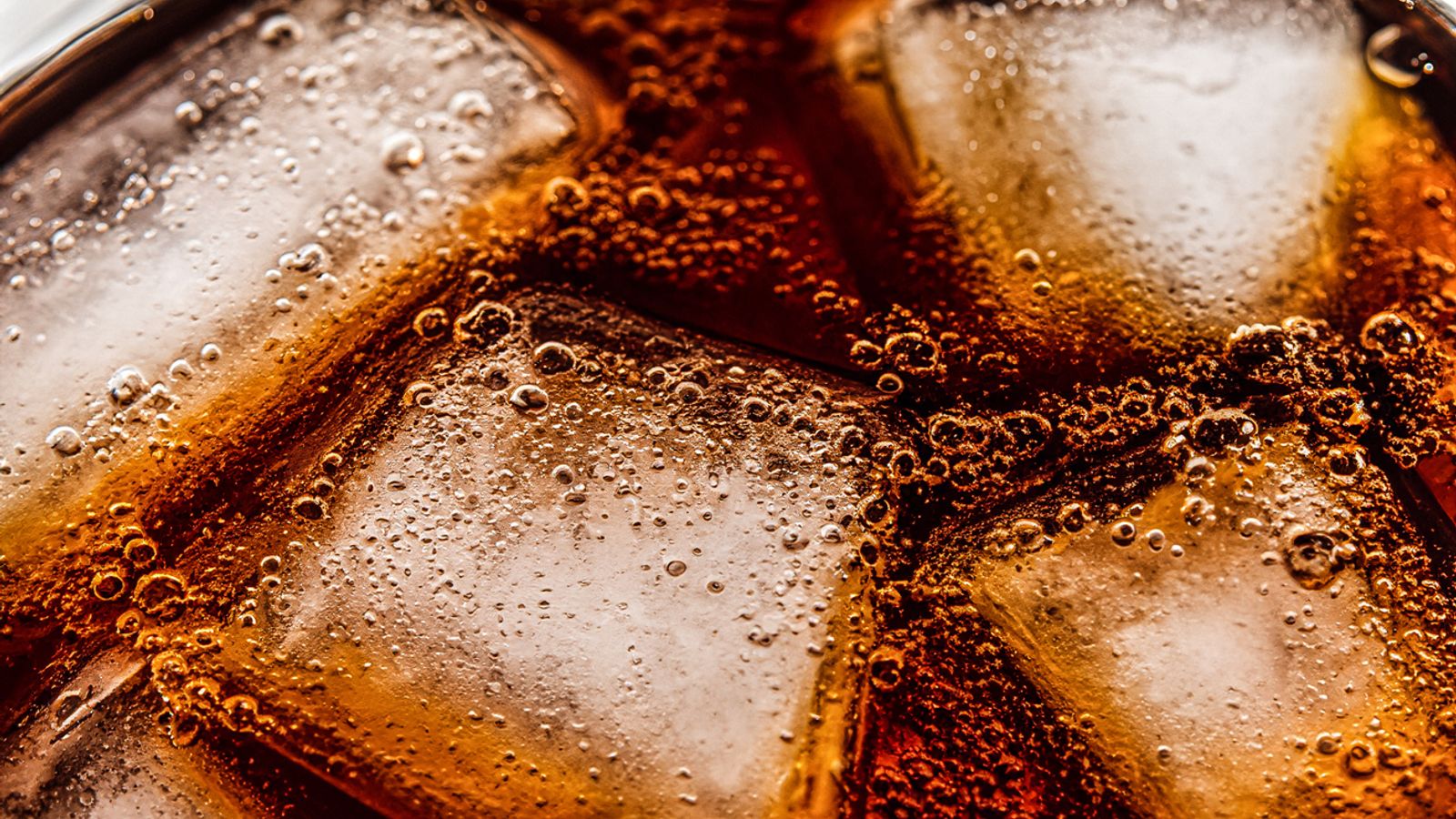Has one of the world’s most widely used artificial sweeteners just gone sour?
Aspartame, which is found in some of the biggest brands of low-calorie food and drink, has been classed as a possible cancer risk.
The health warning will no doubt cause a bit of a stir, particularly as it comes from an offshoot of the World Health Organization.
Diet Coke, Muller Light yoghurts, Wrigley’s Extra chewing gum and many more everyday items are affected.
So how concerned should you be? First, it’s worth understanding what’s happened.
The International Agency for Research on Cancer (IARC) divides substances into three categories of hazard that matter here. So far it has assessed about 1,000 of them – and the classification reflects the strength of the scientific evidence.
At the top, in class 1, are things known to cause cancer, including tobacco and alcohol.
Then there’s class 2A, with chemicals and substances that have a “probable” link, such as red meat.
And finally class 2B, with the “possible” link. Here, aspartame is now listed alongside aloe vera and pickled vegetables.
So that puts the sweetener in the lowest category of hazard.
It reflects the rather weak evidence of a link.
The limited human research either shows no increased risk from consuming aspartame, or a weak association – though in these studies the IARC can’t rule out lifestyle, diet or underlying health issues affecting the results.
At the same time as the IARC’s assessment, another safety body called JECFA (which reports to the UN) has looked at the risk of consuming aspartame as a food additive.
They set the acceptable daily intake for aspartame at 40mg per kilogram of bodyweight back in 1981.
After a fresh review they’ve left the recommended limit unchanged. That’s reassuring.
A 70kg adult would reach the limit by drinking the equivalent of roughly 14 cans of Diet Coke a day.
An average 10-year-old weighing 32kg could safely consume just over six cans in a day.
Most people will be well within those limits, and have nothing to worry about.
Children are perhaps more likely to exceed the limit because of their smaller body size.
But it’s hard to see big brands changing their formulations based on weak evidence of risk.
So if you are worried about your or your child’s aspartame intake then switching from fizzy drinks to water is about all you can do – not easy once you have a sweet tooth.








